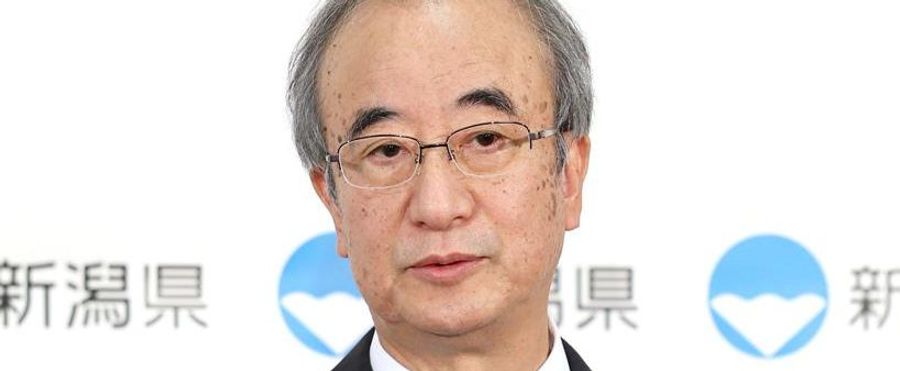The governor of Niigata Prefecture in Japan is seemingly paving the way for the reactivation of a local nuclear power plant. While the specific timeline and conditions are unclear, this marks a potential shift in local energy policy, with the governor previously expressing caution towards nuclear energy due to past disasters. The issue has sparked a debate among local citizens, environmental groups, and business communities.
Japan's stance on nuclear power plants' reactivation is a contentious issue following the devastations of the Fukushima disaster in 2011. Many Japanese citizens remain vigilant and concerned about the safety of nuclear power. However, with utility costs on the rise, there's also a demand for a stable and local power supply. The approval of local governments, including the governor, is necessary for any such reactivation to occur.
In the U.S. and EU, nuclear power also stirs mixed responses. While some nations are closing down their nuclear power plants due to safety concerns and transitioning to renewable energy, others maintain their usage due to their high energy yields and low carbon emissions. However, unlike Japan, many of these countries don’t require the local government’s approval for nuclear energy decisions.

